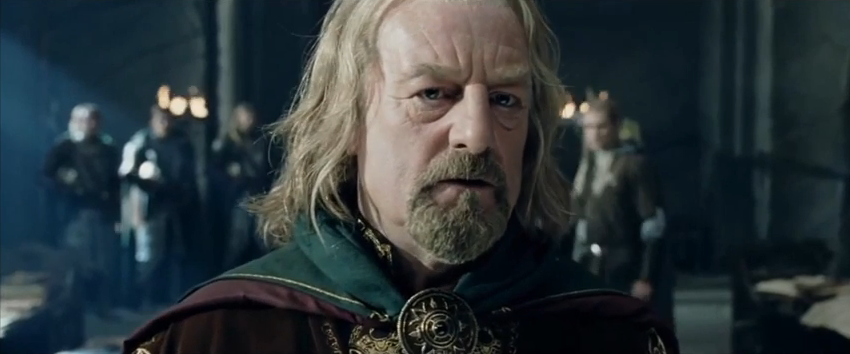
Moments before his seemingly impregnable fortress is overrun by dark forces, Theoden, King of Rohan, in shock at the brutality and swift advance of the enemy, murmurs to himself, “Where is the horse and the rider? Where is the horn that was blowing? They have passed like rain on the mountain, like wind in the meadow. The days have come down in the West behind the hills into shadow. How did it come to this?”
How did it come to this?
Many Christians are murmuring to themselves, “How did it come to this?” How, in the span of just a few decades, have the moral foundations of western society crumbled to dust, such that gender is divorced from biological sex, public libraries host drag queen story time, children are chemically and surgically castrated and rendered sterile because of momentary confusion, and opposition to any of this is now considered menacing to the public good?

In Carl Trueman’s latest book, The Rise and Triumph of the Modern Self: Cultural Amnesia, Expressive Individualism, and the Road to Sexual Revolution, he traces the philosophical, cultural, and psychological progression of the internal moral rot of the West. This is one of those books that gets down into the details of how, little by little, people in the West began to give up the biblical understanding of man as made in God’s image for the purpose of glorifying him. As Romans 1 reminds us, those who suppress the knowledge of God exchange the truth of God for a lie.
Trueman tells his readers plainly, “At the heart of this book lies a basic conviction: the so-called sexual revolution of the last sixty years, culminating in its latest triumph—the normalization of transgenderism—cannot be properly understood until it is set within a much broader transformation in how society understands the nature of human selfhood.”
The body of the book is an explanation of the progression, beginning with Jean-Jacques Rousseau and Romanticism through Hegel, Marx, Nietzsche, Freud, and Wilhelm Reich up to the impact of the 2015 Supreme Court Obergefell v. Hodges decision to legalize gay marriage and the triumph of transgenderism. It is a tour de force of insight into the erosion of a biblical idea of human nature and selfhood into what philosophers of the modern condition call expressive individualism. He expands on the works of Charles Taylor, Philip Rieff, and Alasdair MacIntyre and their concepts of the triumph of the therapeutic, psychological man, the anticulture, and deathworks.
Although these concepts are not familiar to most, they describe the inward turn of people to consider their feelings and sense of happiness to be their true, authentic selves, even if it means the destruction of morals, society, institutions, and anything else that would limit the expression of their desires.
Nietzsche and Marx taught that “the history of society is a history of power and oppression and that even notions such as human nature are constructs designed to reinforce and perpetuate” that oppression. With Darwin, they dealt a blow to the idea that human beings have any special significance or essence that determines how they ought to behave or were created with an end in mind. Morality, then, becomes a matter of mere taste and manipulative power games. From Freud we learn that humans, “from infancy onward, are at core sexual beings.” Our sexual desires determine who we are. The New Left has taught us that oppression is fundamentally psychological and any attempt to limit sexual expression is oppressive, dehumanizing, and dangerous.
In a word, Trueman shows us, step by step, how we got to the place we are today where something as nonsensical half a century ago, like the statement, “I am a woman trapped in a man’s body” can be coherent. By doing so, we see that the task of shining the light of truth on this dark world is more complicated and necessary than we might think. As he has said in interviews, this book is an attempt to explain the world in which we live now to the church. If Christians don’t understand the world as it is, we will miss the mark in our attempts to serve as salt and light.
This book is critical to our understanding of how it came to this, and even more, where we go from here.

Thanks for this review. It definitely needs to be in my to “to read” list.